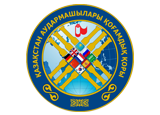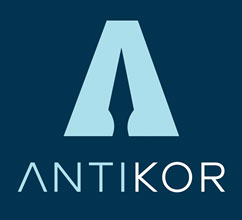Bologna process
The Bologna Declaration initiated the Bologna process. This process is designed to introduce a system of academic degrees that are easily recognisable and comparable, promote the mobility of students, teachers and researchers, ensure high quality teaching and incorporate the European dimension into higher education.
The Bologna Declaration involves six actions relating to:
- a system of academic degrees that are easy to recognise and compare. It includes the introduction of a shared diploma supplement to improve transparency;
- a system based essentially on two cycles: a first cycle geared to the labour market and lasting at least three years, and a second cycle (Master) conditional on the completion of the first cycle;
- a system of accumulation and transfer of credits of the ECTS type used in the Erasmus exchange scheme;
- mobility of students, teachers and researchers: elimination of all obstacles to freedom of movement;
- cooperation with regard to quality assurance;
- the European dimension in higher education: increase the number of modules and teaching and study areas where the content, guidance or organisation has a European dimension.
Kazakh Ablai Khan University of International Relations and World Languages is a signatory of the Magna Charta Universitatum, Bologna, Italy (2010). Since then Bologna Process Integration has become one of the strategic priorities for the University.
Useful Links and References
- Summaries of EU legislation – The Bologna process: setting up the European Higher Education Area
- The European Higher Education Area (EHEA)
- Ministry of Education and Science of the Republic of Kazakhstan
- Bologna process and academic mobility center MES RK
- National Erasmus+ Office in Kazakhstan





.png)























